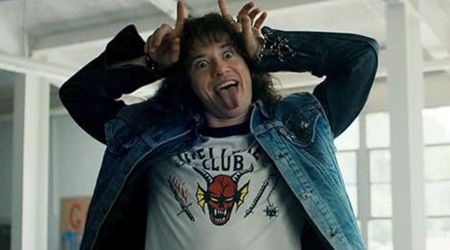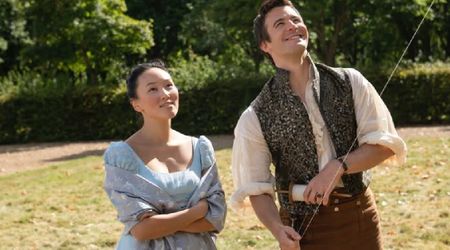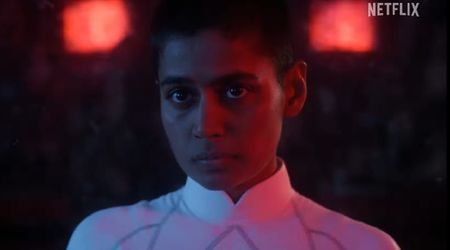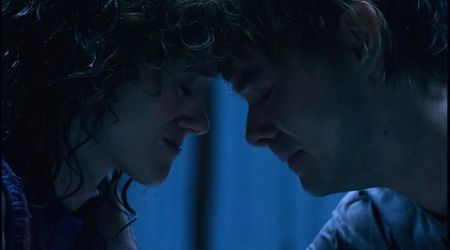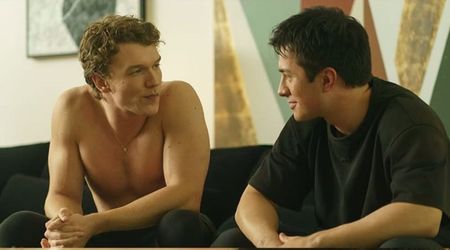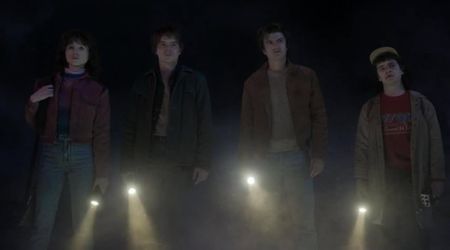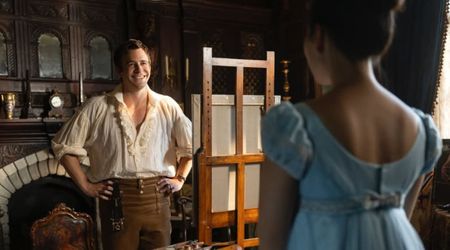'By Whatever Means Necessary: Godfather of Harlem' Episode 2: Musical and religious revolution made waves in 60s

Spoilers for Episode 2 'Freedom Songs'
The 60s were tumultuous times for Harlem. Racism and poverty were at its peak and the inequality and injustice to the Black people were the byproducts of these two factors. In the first episode, 'Mecca', the EPIX docuseries spoke of music as a form of expression. In the second episode, it was about how places of religion, spearheaded by the charismatic Congressman, Adam Clayton Powell brought religion and politics together in his sermons. Add music to the mix, and it was a powerful way of activism against everything the Black people were going through.
Praises and gospel hymns were used as a form of resistance and a tool to motivate. "Stand up for Jesus" became "Stand up for Freedom." For Giancarlo Esposito, the actor who plays Powell in 'Godfather of Harlem', church visits were a cathartic experience when he watched the singing, the praising, and the dancing in churches where themes related to politics were interwoven in the messages. The episode also focuses on John Coltrane and his music.
Coltrane's music was pretty much Dr. Martin Luther King's speech, but with words. It was a note-by-note expression that spoke volumes about the plight of the Black People at that time. His music expressed their pain and the slow ballads that were difficult to comprehend initially later were hailed as a masterpiece. According to Warren Smith, renowned jazz drummer and percussionist, other musicians took to this and started incorporating their thoughts on racial injustice in their music.
The episode also sheds light on Max Roach and Abbey Lincoln's 'Freedom Now Suite'. When they performed, it wasn't just music for the ears, but a powerful message that influenced the Black people across even as the Civil Rights Movement and fierce oppression from the Whites gained traction. They were regarded as the "Michelle and Barrack Obama of Music" and that gives an idea of the impact they had. Singer Robin Clark recollects the time during her childhood when she was caught in the middle of a fierce riot when on the way to meet her mother.
'By Whatever Means Necessary: The Godfather of Harlem' digs deeper about music being an integral part of 60s Harlem. Not just was it an outlet for people to unwind after a difficult day, but also express their pain, and their thoughts in what could be rightly called hell times.
'By Whatever Means Necessary: The Times of Godfather of Harlem' airs Sundays at 10/9c on EPIX.

